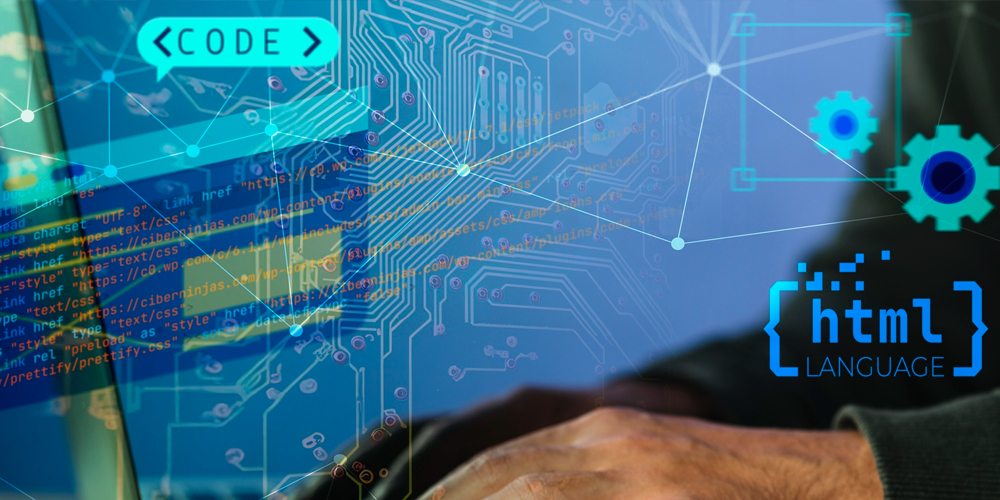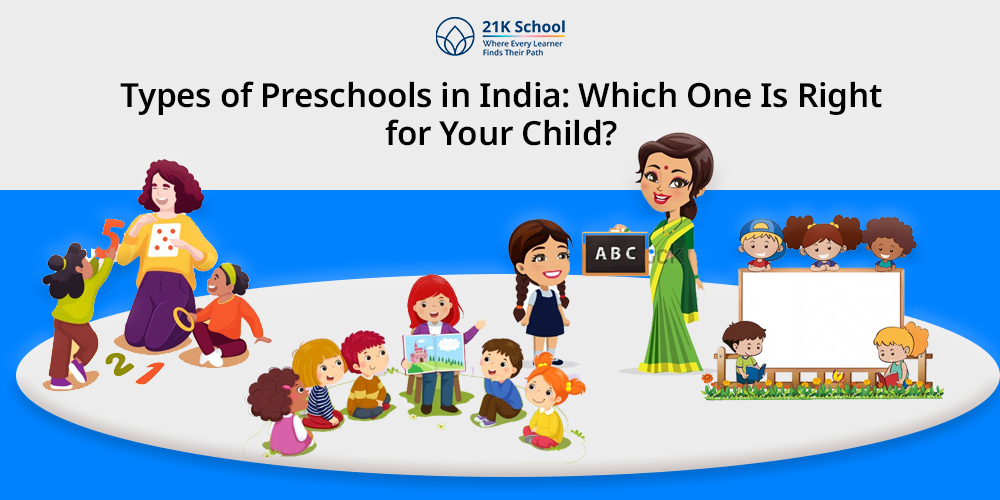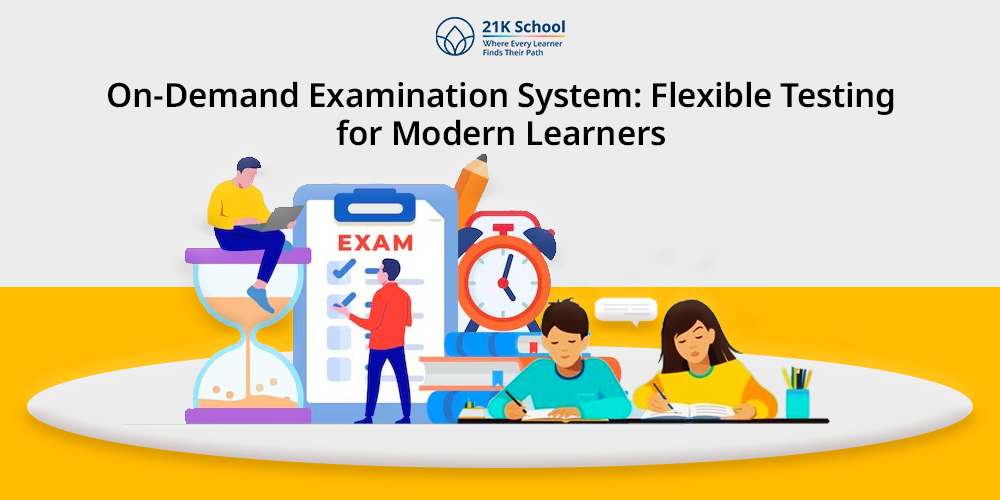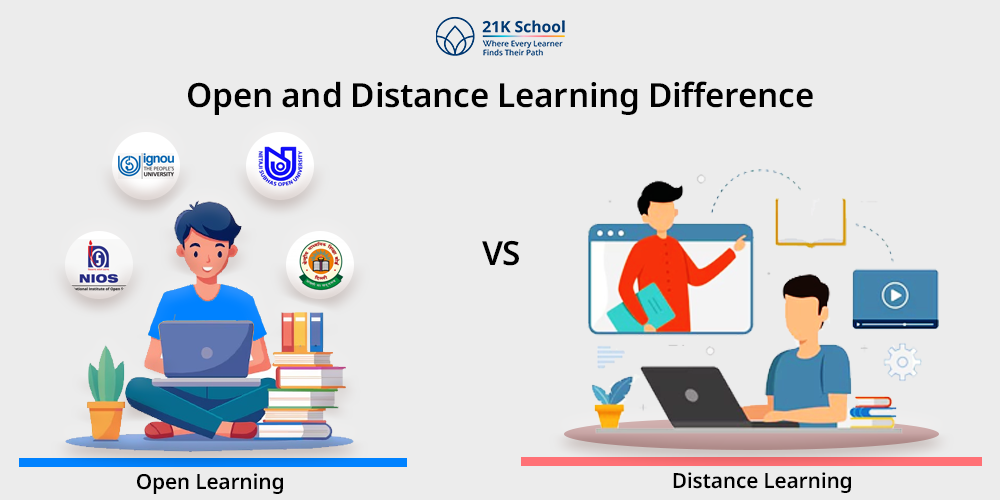
Whether you are a beginner or experienced programmer, building stronger coding skills is something you keep doing until you program. Since technology is always progressing, the knowledge you have today might not be enough tomorrow.
Every day, new changes come in language, frameworks and technology. Even today, writing code that is clean, efficient and scalable is still very useful and in demand.
You should not only focus on remembering syntax; to code, you must solve problems, think carefully and develop practical answers.
Developing these skills is possible due to multiple ways. Thus, including doing code challenges, taking online classes, reviewing peers’ work and helping with open-source codes.
This article discusses ways to improve coding skills, whether you are a newbie, a job seeker or master in programming.
Table of Contents
- Steps to How to Improve Coding Skills
- 1. Read Coding Books
- 2. Write Simple and Clean Codes
- 3. Join Real Projects and Solve Real Problems
- 4. Be Familiar with Data Structures and Algorithms (DSA)
- 5. Take part in Open Source Projects
- 6. Join Online Courses and Bootcamp Programs
- 7. Have Your Project Code Reviewed
- 8. Connect with other Developers via Online Platforms
- 9. Share What You Are Studying
- 10. Practice, practice and practice
- Final Words
Steps to How to Improve Coding Skills
Practicing coding skills can be as easy as playing a video game, if approached with patience and excitement. The following section continues to discover the best tips and steps on how to improve coding skills in yourself:
1. Read Coding Books
If you’re thinking of levelling up your technical game, reading books is a great way to enhance your understanding as a developer. Programming languages such as Python are modern languages with excellent frameworks and libraries and are evolving as the most preferred programming language.
While the internet is full of study material, the joy of reading and learning from books is unmatched. These books are crafted brilliantly to offer the best study material to you! Some of the most preferred books are –
- Python Crash Course, 2nd edition
- Clean Code Robert C. Martin
- Learn Python 3 the Hard Way
Sites such as GitHub are packed with a wide range of programming styles and solutions.
Benefits:
- Explains new ways of coding and best coding practices.
- Tells a good story about how seasoned developers build their code.
- Helps you find out about many ways to solve different problems.
Methods for doing it:
- Look into open-source repositories that discuss things you care about.
- Do simple projects for the first few times.
- Look through pull requests and issues to find out the reasons behind certain actions.
Tips: This sort of reading works better if you type in the code, alter it and try to make it better.
On top of that books, articles and newsletters can serve as other sources of information.
2. Write Simple and Clean Codes
Reading someone else’s code is a hectic process which might brainstorm any developer. Hence, the skill of writing easy, clean and understandable codes is unique and widely appreciated. Rather than filling it with spaces, try to keep things simple and pleasing.
When you advance in coding, simply making functional code is not enough. See to it that the code you write is maintainable, can scale and is understandable by people involved.
The areas to study:
- SOLID Principles
- There is a MVC (Model-View-Controller) architecture
- There are three main design patterns: Factory, Singleton and Observer.
- Ideas from the book Clean Code by Robert C. Martin
Choose one older project and refactor it with design patterns to see its effect on both the structure and clarity of the code.
3. Join Real Projects and Solve Real Problems
Adding new coding skills from tutorials is beneficial, but you need to use them in actual projects to understand them well.
How this system is effective:
- It makes you think about the spatial layout.
- Provides you with skills to solve unforeseen errors and unusual issues.
- Carefully selects work to show in a professional portfolio for employers or interested clients.
Project Ideas:
- You could also design a to-do list or calculator application.
- Build a personal blog using the languages HTML, CSS and JavaScript.
- You could make a RESTful API using either Node.js or Flask.
- Python allows you to set up automation for basic computer routines.
It’s best to upload your projects to GitHub. It helps you measure your education and also displays your skills to recruiters.
4. Be Familiar with Data Structures and Algorithms (DSA)
The field of computer science relies on DSA. You need to know how to arrange data wisely and think logically to be successful in coding interviews or writing effective code.
Things to include in your discussion:
- Arrays, Linked Lists, Stacks and Queues
- Trees, Graphs
- Algorithms for Searching and Sorting
- The approaches of Dynamic Programming and Recursion
Resources:
- “Cracking the Coding Interview” by Gayle Laakmann McDowell. This book shows you the interview preparation skills necessary to succeed with coding questions.
- GeeksforGeeks
- LeetCode
Instead of memorizing, it is better to learn the reasons for each algorithm and when best to apply it.
5. Take part in Open Source Projects
Being involved in open-source projects allows you to code with others, take advice from them and handle genuine coding situations. Taking part in these programs can improve your resume and let you help others.
Benefits:
- Helps people develop their skills for connecting and cooperating with others.
- Gives tips on operating and tracking changes made by others on the same files.
- Makes the developer community trust the project.
The first steps in the process:
- Locate repositories that are suitable for newcomers, as they have the “good first issue” label.
- Check out organizations such as First Contributions.
- Ask the maintainers if they would like you to support the project by making bug fixes or by adding new features.
6. Join Online Courses and Bootcamp Programs
To learn more systematically, online coding courses and bootcamps give you carefully planned lessons. Further, providing guidance from mentors and access to a community.
Top platforms:
- freeCodeCamp
- Udemy
- Coursera
- Codecademy
Essential topics to look into are:
- Full-stack development
- Web application and its backend APIs
- React and Vue are examples of frontend frameworks.
- DevOps basics
Try to code exactly what you see on the videos, examine them as they run and make short projects for each step.
7. Have Your Project Code Reviewed
Showing and taking part in code reviews is a big element of improving your development skills. Getting feedback allows you to notice your weaknesses and focus on always improving.
Here are a few places to get feedback:
- You can join online Discord or Slack groups of developers.
- Let peers, mentors or instructors review the code you have written.
- Platforms such as GitHub can be used to upload code and seek other users’ comments on pull requests.
If you receive comments, try to separate yourself from them, since they are opportunities for improvement.
8. Connect with other Developers via Online Platforms
Though coding often happens alone, being part of a group helps your progress speed up. You will discover fresh thoughts, know the latest developments and receive support when you need it.
There are many communities to explore:
- Stack Overflow
- Subreddits, for example, r/learnprogramming
- Hashnode and DEV.to
- Specific language or framework Facebook groups
You should try to ask questions, teach others and get involved in challenges such as “100DaysOfCode”.
To cement your understanding, teaching is one of the best methods you can use. Teaching topics to someone else increases your understanding and can point out anything you were confused about.
Methods for teaching:
- Make a blog or write step-by-step tutorials.
- Make screencasts to show your code.
- If you can, guide beginners as they learn to code.
Tip: Whether you think you are a beginner or not, someone may be learning what you’ve just found out.
10. Practice, practice and practice
The last but the most important aspect of every developer’s life is to practise. The more you practice, the better it becomes. In the world of coding, there is always something new to learn. Hence, practice opens up explored doors which improve skills.
Becoming fluent in coding is similar to learning a language and you do that by often using it. Practising consistently should lead you to try assignments that are tougher than what you usually do.
Actions to take to do it:
- Make sure to devote at least half an hour per day to coding.
- Try to complete daily problems on LeetCode, HackerRank or Codewars.
- Try to fix small parts of websites or apps that you use all the time to find out how they function.
Tips: You should begin by making little changes regularly. Skills that you learn over a long period matter more than skills gained quickly.
Even though it looks challenging at first, it will help you improve your skills tomorrow.
Final Words
Becoming a better coder is an ongoing process that needs time, effort and technology to grow with. Practice, work on real projects, take part in discussions and even help others to learn coding.
Start in your own situation, use what you have and ignore how others are moving forward. Regardless of how difficult the project is, every bit of code you create gets you closer to mastering development.
Activate your editor, choose a project and keep going with your programming skills. To get better in programming, you have to code more often.



